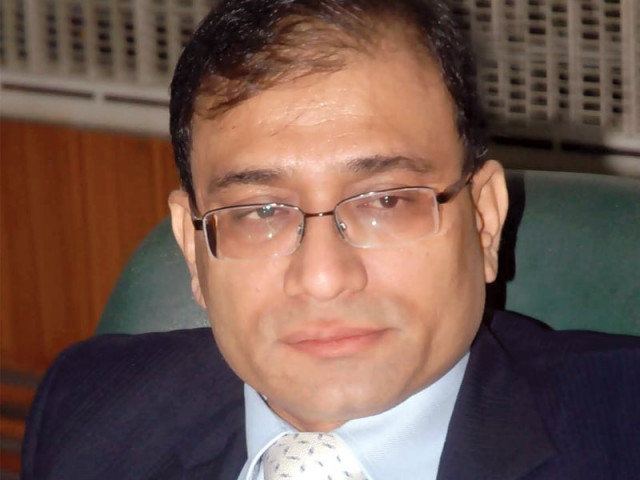Police to decide if they want help from the Rangers: DCO
Teachers are respected in all areas which is why they’re selected for door-to-door visits.

The census would be carried out with the help of the police who may, if they like, ask the Pakistan Rangers to back them up, said Karachi DCO Muhammad Hussein Syed on Tuesday.
Addressing a press conference at the DCO camp office, Muhammad Hussein said that security measures have been taken at the federal level and the City District Government Karachi (CDGK) will offer a ‘supporting hand’ for census 2011.
The DCO admitted that there are some “sensitive areas” in the city where the law and order is not completely under control but the CDGK has chosen teachers to do the house listing because they are respected by all segments of society. This will help the teams collect data.
In the first part, teams will mark out residential, commercial and industrial units from April 5.
The only category being marked right now is the number of buildings in the city, including those in unplanned settlements.
A residential apartment that has several flats would still be allotted a single census identification number (CIN). However, the number of residents or citizens would also be listed next to the CIN.
All citizens, including non-Pakistanis, would be counted in the census, however outsiders would be marked as non-nationals. The actual figures on population are important because the allocations in the budget, civic facilities and resources are based on this data.
The strength of the trained enumerators, which is 8,500 right now, would be increased two-fold in the final phase, in which each individual would be counted.
The enumerators would carry a significant identity sign, such as a cap, that would also bear the imprint of the “Government of Pakistan”. This would ensure their safety and a hassle-free performance, said the DCO.
For the census, Karachi has been divided into circles, blocks and town municipal administrations. There would be at least seven blocks in each circle, while each town minicipal administration would comprise seven blocks. This would make it easier to collect the data.
The city has been divided into six cantonment areas and 18 towns. In the cantonments, the executive officer would be made the Census District Officer and in the towns the revenue deputy district officer of the CDGK would work as the Census District Officer. The district coodination officer will act as the Census Central District Coordinator. Thus, the upcoming census would be conducted by 24 census district officers and one overall coordinator.
“Protecting the gathered data is crucial so the appropriate mechanism has already been devised. The Census District Officers are responsible for it,” the DCO said.
The meeting was attended by the EDOs of the revenue, municipal services, works and services, transport and communication, education and health departments and district officers.
Published in The Express Tribune, March 30th, 2011.



















COMMENTS
Comments are moderated and generally will be posted if they are on-topic and not abusive.
For more information, please see our Comments FAQ